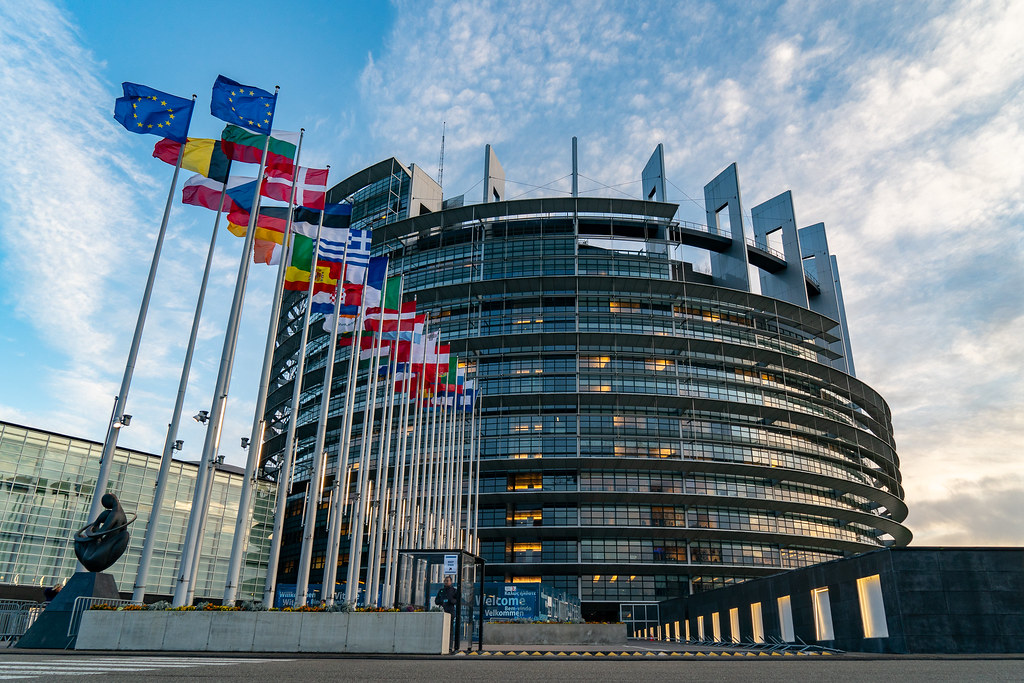Between June 6th and 9th, 2024, the European elections took place. All Europeans had the opportunity to directly elect a new European Parliament, shaping the European political landscape. With this debate, we will take stock, gain insights into the newly elected Parliament, and discuss choices made for European top positions.
Date: September 18, 2024 Time: 1:00-2:00 pm
Venue: Online (Zoom)
As early as 2023, the European Council decided to increase the number of seats in the European Parliament from 705 (704 MEPs plus 1 President) to 720 (719 MEPs plus 1 President), reflecting the evolving demographics in the EU. These 720 directly elected representatives will contribute to shaping European policy in the coming years.
Shortly after the elections, all 720 MEPs arrived in Brussels for their “first day at work”. The initial weeks focused on the formation of “political groups”, where members from various national parties organize themselves at the European level into transnational factions. A first plenary session followed in mid-July, after which MEPs further organized themselves into parliamentary committees.
Now that the initial rush has subsided, it’s the perfect moment to take stock. Are there certain trends evident in the elections held in each EU member state, or were there surprises? How are the political groups in the European Parliament finally structured, and are there any outliers within some groups? What are the initial impressions following the first activities of this newly composed European Parliament, and what can we expect next?
Lastly, in the coming days and months, other European top positions (President of the Commission, President of the European Council, etc.) will also be allocated. Do we already have an idea of potential candidates, and what does this mean for future European policies?
We will discuss these topics with three EU experts from Belgium, Croatia, and Denmark, and afterwards, we invite you to engage with them further in debate.
Our speakers
From Belgium: Lien Jansen

Lien Jansen is a PhD researcher and teaching assistant at the KU Leuven Public Governance Institute. Her research focuses on European Politics with a special focus on the European Parliament and EU enlargement towards the Western Balkan countries.
Danish and Croatian speaker: to be announced.
The debate is free, but registration is mandatory. You can register via this link
